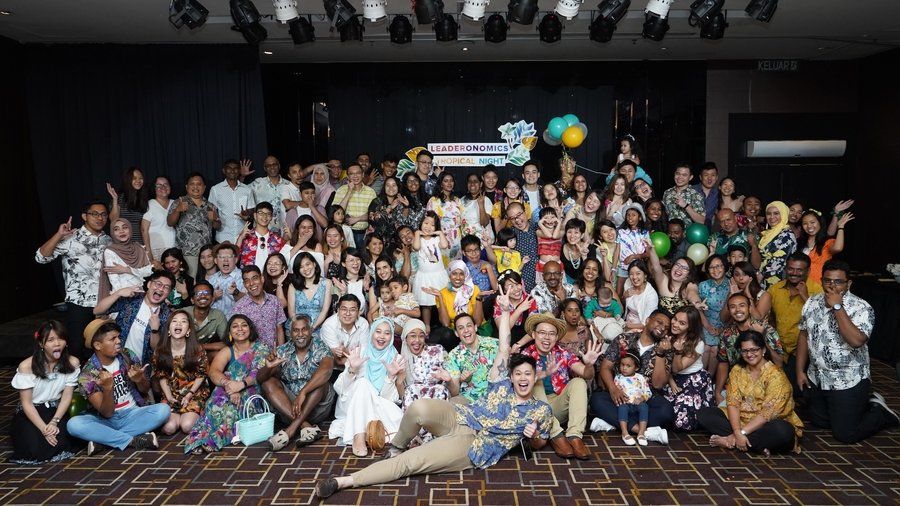Where Will Your Business Be In 100 Years?

Have you got a 100-year business plan? As far as questions go, this is about as big as it gets and at first take, it seems kind of irrelevant in the rapidly changing world that we live in.
Most of us don’t think much beyond a few years but it does raise some interesting thoughts. Many years ago, I worked for a large Japanese shipping company and shortly after I started, I was given a copy of their 100-year plan and I have to say, it completely floored me.
Initially, I imagined it would be a simple promotional tool, without much substance but plenty of pretty pictures. I couldn’t have been more wrong. This was a working document that was open-ended. By this, I mean it gets updated every year and as far as I know, it still does. So, what was in this 100-year plan?
A century of challenges?
Their team of futurists had done their best to map out the challenges and opportunities the company could expect to face.
They looked at financial challenges like recessions, natural disasters including large-scale earthquakes, political unrest and wars, the end of fossil fuels as the primary energy source and much more.
In many ways, it wasn’t a document that bode well for the future of this company. Think about what it must have been like for them to be seeing the end of fossil fuels. They made almost fifty percent of their overall revenue from transporting oil and gas around the world, so this could be considered a company-ending trend.
But the really amazing part of their 100-year plan was the fact that they had identified all of these challenges (and many more than I have mentioned here). Rather than throw their arms up in despair, they figured out what it would mean for their company and what they would need to do to not just survive these issues, but actually come out even stronger and better equipped to survive.
For example, they figured out that tourism was a good business to get into as there is a never-ending supply of people wanting to go on holidays. So, they got into the cruise business. Their luxury cruise ships now ply the oceans of the world. Some of you may even be familiar with their American cruise division, Crystal Cruises.
They identified the cruise boom that was coming and positioned themselves to take advantage of that, which has reduced their reliance on shipping things like fossil fuels.

The defining philosophies
I noticed three very important philosophies that the company had followed when they developed their 100-year plan:
- They never doubted that they would be around in 100 years.
- They painted worst-case scenarios, not overly optimistic scenarios.
- They understood that they needed to evolve to meet these challenges not just change.
There is a big difference between evolving and changing. When something changes it simply becomes different, not necessarily better. Often, change is forced upon us and the end result is not pretty. Evolution is much smarter. When something evolves, it reacts to external stimuli and transforms into something that is better able to survive in the new environment.
The shipping company had this concept firmly embedded in its culture. Figure out what is going to impact them and then get really smart about working out ways to grow into an even better organisation. To me, this is very smart but it seems a rare philosophy.
Changing vs. evolving
Right now, many businesses around the world are changing, but my question is: are they changing or are they evolving? Are they just reacting to what is going on around them in terms of economic challenges, technical advancements and new consumer behaviour but not getting better?
We also have to understand that customers are evolving as well. Today’s consumer is very different to the consumer from 10 years ago. Of course,one of the most influencing factors on consumer behaviour is the Internet.I tend to think of consumer behaviour in term of BG (before Google) and AG (after Google).
Consumers today are incredibly well-informed. They have access to information and other people’s feedback instantly, they are time-deprived like never before, they have an incredible amount of choice and they are certainly not afraid to use it and, they are incredibly open-minded when it comes to “new.”
Bringing it together
When I am asked what the key to business success is, I am very clear. Long-term success and financial profitability are directly related to a business’ ability to continually evolve. Get really good at evolving and everything else falls into place. Now, I am not saying it is easy, but it also isn’t that hard if you know what to do. It’s acultureas opposed to a strategy.
This article first appeared on inc-asean.com and is published with permission.
Business





